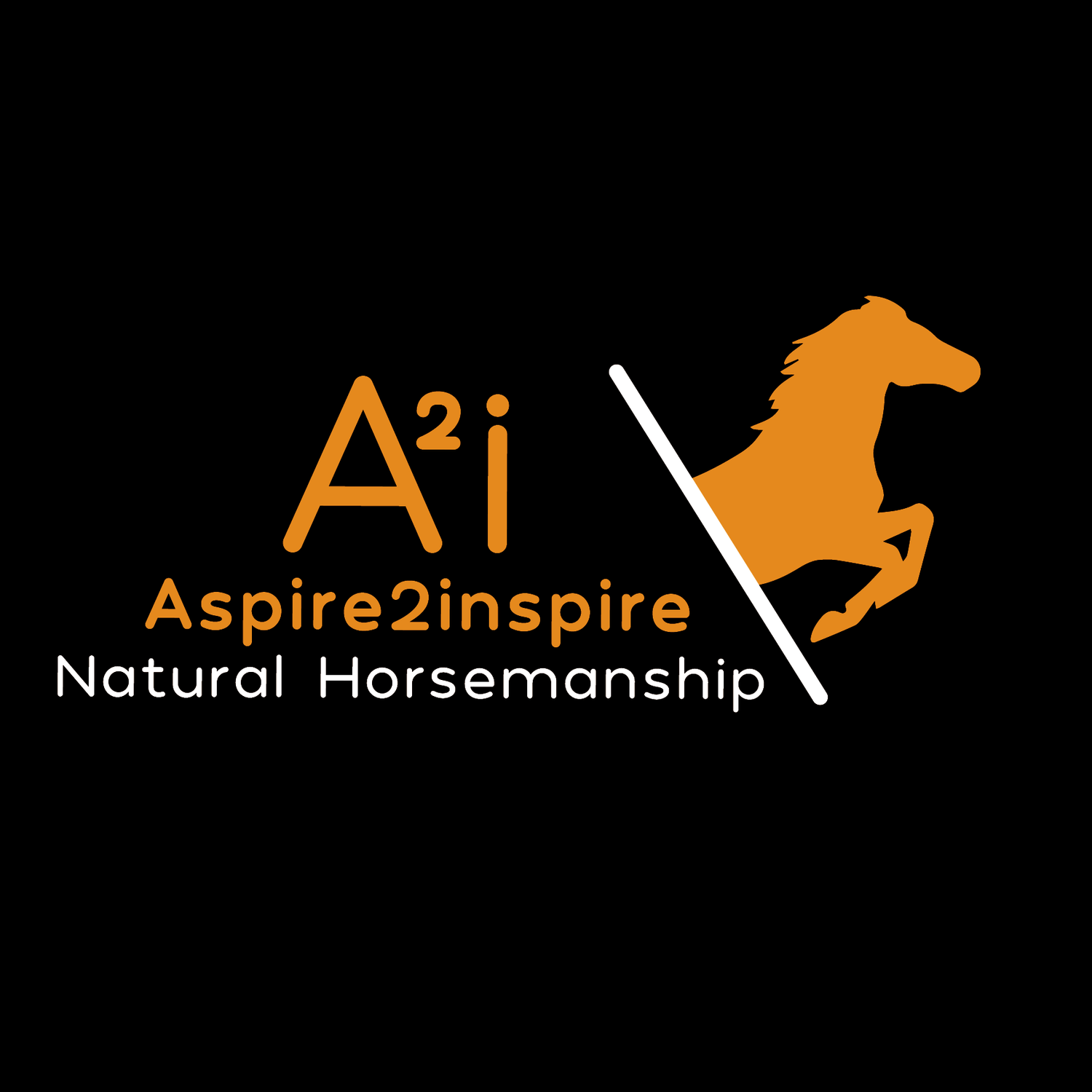The Silent Sacrifices of Equestrian Professionals: A Deeper Look
When most people think of equestrian professionals, they imagine the grace and skill displayed in arenas or the tranquil image of a trainer guiding a client through a peaceful trail. However, behind these picturesque moments lies a world of emotional complexity, mental resilience, and an unwavering commitment that clients often do not see. The work of equestrian professionals goes far beyond merely teaching a rider or treating a horse—it requires a profound emotional and psychological investment that is often underappreciated.
The Emotional Bond: More Than Just Training
At the heart of any equestrian professional's work is the deep emotional bond they form with the horses they train or treat. Horses are highly sensitive creatures, capable of sensing the smallest changes in their handler's mood or energy. This sensitivity means that trainers and equine therapists/professionals must be technically skilled and emotionally attuned to their equine partners. They must invest their hearts into every horse they work with, often forming connections that go beyond mere professional interaction.
This emotional investment can be a double-edged sword. On the one hand, it allows the professional to understand the horse deeper, leading to more effective training or treatment. On the other hand, it makes dealing with setbacks, such as injuries, extremely difficult. The bond with the horse is not just about achieving a certain performance goal; it's about nurturing a relationship built on trust, respect, and mutual understanding.
The Art of Neutrality: A Balancing Act
One of the most challenging aspects of being an equestrian professional is the need to maintain a neutral, calm demeanour at all times. Horses are highly intuitive and can easily pick up on a handler's stress, frustration, or anxiety. This means that equestrian professionals must develop the ability to compartmentalise their emotions, ensuring that their personal issues of life do not bleed into their work with the horse and handler.
This emotional regulation requires immense energy and mental discipline. No matter what is happening in their personal lives, equestrian professionals must enter each session as a blank canvas, free of negative energy that could disrupt the horse's focus or well-being. This constant demand to remain calm and neutral, even in the face of frustration or disappointment, can be exhausting. Yet, it is a critical part of the job, as any lapse in emotional control can have a direct impact on the horse's performance or health.
Problem-Solving: Navigating Complex Relationships
Equestrian professionals are not just working with horses—they are also working with the horse's owner, who often has their own set of expectations, anxieties, and emotions. Balancing the needs of the horse with the desires of the owner requires a high level of interpersonal skill and mental agility.
Every horse and rider combination is unique, and what works for one pair may not work for another. This means that equestrian professionals must constantly be problem-solving, adjusting their approach to suit the specific needs of both the horse and the rider. They must be patient and creative, finding ways to communicate complex ideas in a manner that the rider can understand while also ensuring that the horse remains responsive and relaxed.
The relationship between the professional, the horse, and the owner is a delicate one, and miscommunication or misunderstandings can quickly lead to frustration or setbacks. Equestrian professionals must navigate these dynamics with care, using their knowledge and experience to guide both the horse and the owner towards a successful partnership.
The Personal Sacrifice: Investing in Others
Perhaps one of the most underappreciated aspects of being an equestrian professional is the personal sacrifice involved. These professionals pour their time, energy, and passion into the horses and owners they work with, often at the expense of their own personal lives. The investment is not just in the moment—the hours spent in the arena or the yard—but also in the long-term development of the horse and rider.
Equestrian professionals understand that the rider they are training today could very well leave for another trainer tomorrow, or that the horse they have nurtured and developed could be sold to a new owner. Despite this, they give their all, knowing that their role is to provide the foundation upon which the horse and rider can build their future success.
A Unique Calling: The Heartfelt Dedication of Equestrian Professionals
It takes a very special kind of person to be an equestrian professional—someone who is not only skilled in the technical aspects of horsemanship but also possesses the emotional resilience, mental clarity, and deep compassion required to truly connect with both horses and their owners. These professionals often work long hours, with little recognition or appreciation for the behind-the-scenes struggles they face.
To all the equestrian professionals out there, know that your dedication does not go unnoticed. The emotional investment you put into each horse, the energy you expend to remain neutral and calm, the mental capacity you use to solve complex problems, and the personal sacrifices you make to invest in others are all deeply valued. Your work is not just about training horses or teaching riders—it’s about creating relationships and nurturing connections that have a lasting impact. Your commitment to this unique and challenging profession is both admirable and inspiring, and my heartfelt support goes out to each and every one of you.
